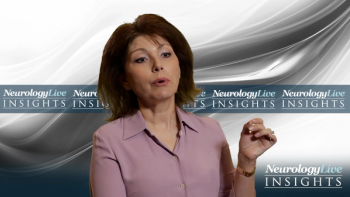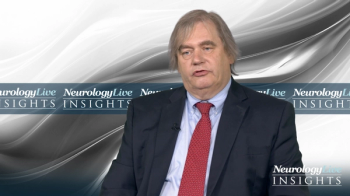
News

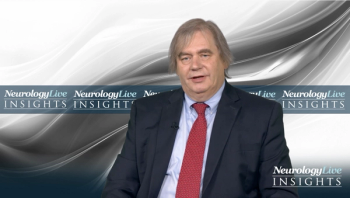
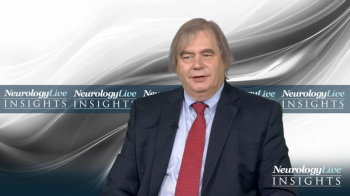
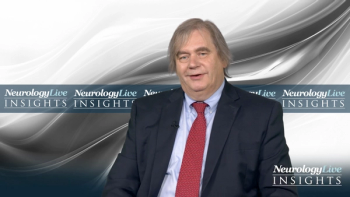
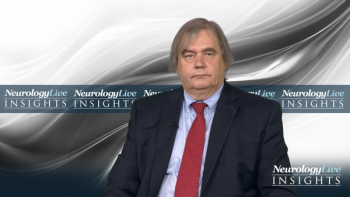
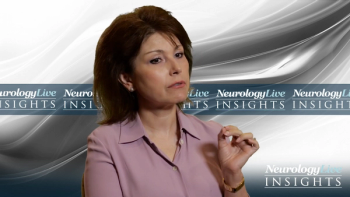
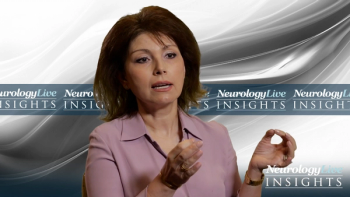
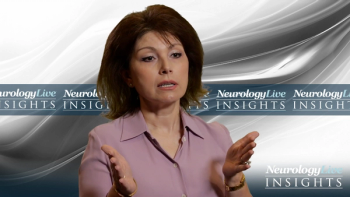
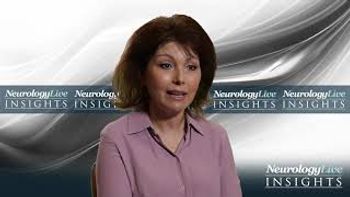
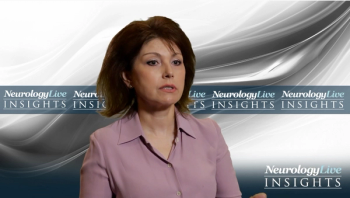
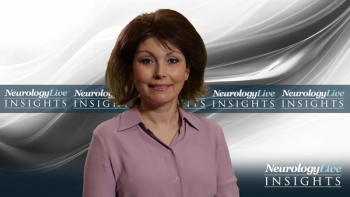
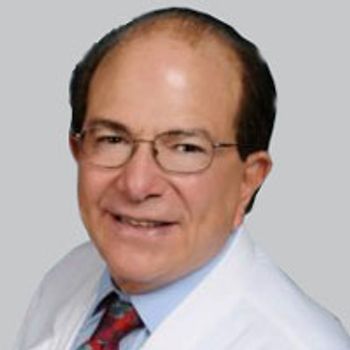
NeurologyLive Editor in Chief Stephen D. Silberstein, MD discusses the importance of reaching a treatment effect that makes a significant difference in patients' lives.

Data from the phase 3b FOCUS trial demonstrates fremanezumab’s superior efficacy and tolerability in the prevention of migraine.
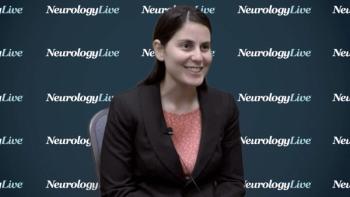
The child neurology resident at NYU Langone spoke about ways for residents to identify and address impaired colleagues that suffer from depression and burnout.
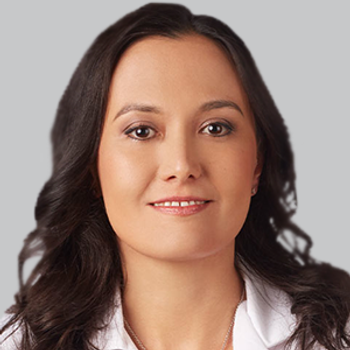
The professor of neurology at the Icahn School of Medicine at Mount Sinai discussed what still needs to be done to clarify medical marijuana’s position in medicine.

A 23-year-old male college student presents with first generalized tonic-clonic seizure followed by episodes of violent psychosis.
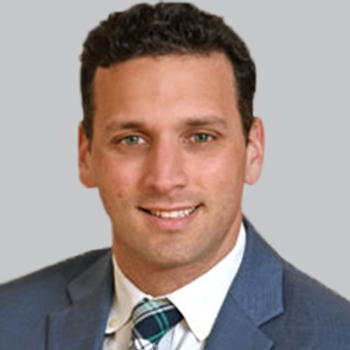
New findings have suggested dementia is a result of worsened white matter rarefaction, phosphorylated tau, and arteriolosclerosis due to repeated head trauma in former football players with CTE.

Boston Scientific’s Vercise Gevia deep brain stimulation system labels will allow for clinical use of stimulation during full-body MRI in patients with Parkinson disease, with an improved battery.
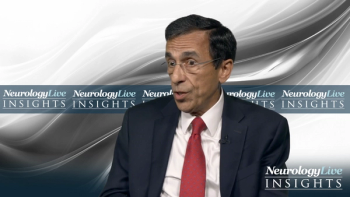
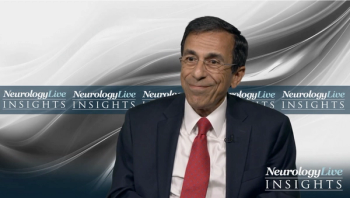

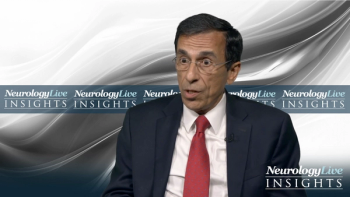
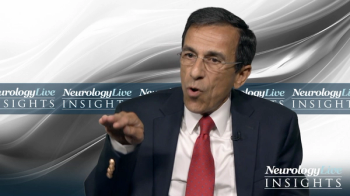


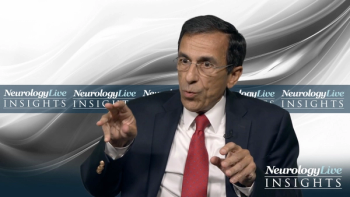



The regulatory agency cited 2 concerns in the complete response letter: the risk of infections related to intravenous infusion ports and renal toxicity.

